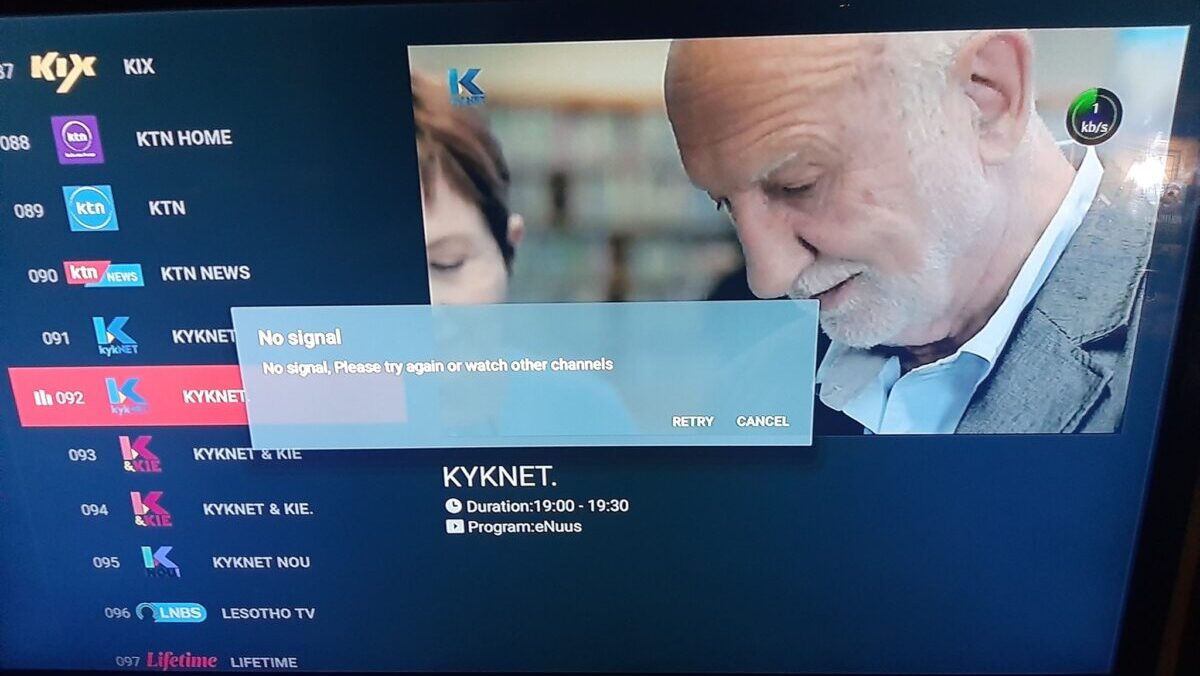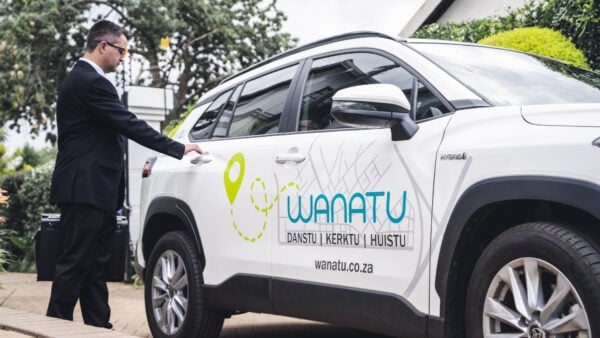MultiChoice targets a new group in DStv piracy crackdown

MultiChoice has shifted its anti-piracy fight from smaller resellers of IPTV services that provide illegal access to DStv content to the upstream providers in foreign countries that manage these services.
By blocking accounts linked to these operators during high-profile events, such as live sports broadcasts, MultiChoices is giving the pirates egg on their face and discouraging people from using their services.
MultiChoice has published several media statements over the last two years detailing its anti-piracy successes.
These publicly shared actions have been limited to raids and arrests of local resellers of modified Android TV boxes, as well as subscriptions to IPTV services offering DStv content.
In its half-year results for the 2025 financial year, the company reported that it had initiated 233 anti-piracy court cases, compared to 111 over the same period the previous year.
The figure for the second half of the year was not included in the company’s full-year results, which were published earlier in June.
MyBroadband followed up with the broadcaster to learn more about progress in its piracy crackdown. MultiChoice acknowledged a decline in anti-piracy court cases in the second half of the year.
However, it said this did not reflect reduced enforcement. Instead, it was shifting its strategy towards “more targeted and efficient” interventions.
“We have concentrated our resources on fewer higher-impact cases rather than volume, focusing on upstream targets which has a bigger impact on users of illegal piracy sites and apps,” MultiChoice said.
“Our monitoring and anti-piracy toolsets have evolved significantly in the past 12 months, allowing us to more easily identify and block our platform from being utilised in streaming piracy operations.”
MultiChoice stated that while there were many suspects involved in the sale and distribution of piracy apps in South Africa, these were commonly resellers for piracy being made available outside of their territories.
The company said its teams were identifying accounts used to resell streams and deploying countermeasures to block them.
MultiChoice stated that this practice undermines the credibility and reliability of piracy apps for users, particularly during major sporting events.
Service disruptions on a prominent illegal platform

MyBroadband has recently observed an increase in complaints on a major community Facebook group about the performance of a notorious IPTV service that illegally streams DStv channels — Waka TV.
Several users reported that the service’s on-demand offering remained reliable, but DStv channels had been frequently stuttering or were completely non-responsive in recent weeks.
The fact that the issues were specific to DStv channels, rather than the platform itself, could suggest they were due to MultiChoice’s interventions.
One user reported that Waka TV’s support line stated DStv was “sabotaging” the service. Quick searches for “Waka TV” on Facebook and X also revealed numerous complaints about DStv channel performance.
One user had even gone to the trouble of creating a “South Africa Waka live TV is k*k” group in May 2025.
In its annual results, MultiChoice revealed its copyright protection company Irdeto had blocked or raided 49,000 pirate streams during the year, an increase of 63% from the 30,000 in 2024.
While it was not yet in a position to provide figures specific to South Africa, it emphasised that the country remained an important market for its anti-piracy efforts.
Aside from potentially violating the Cybercrimes Act and copyright laws in South Africa, using a pirate streaming service could potentially expose your personal or financial information to serious criminals.
In crackdowns against illegal IPTV operators overseas, law enforcement has found some are linked to money laundering and cybercrime syndicates.
Illegal IPTV operators also don’t have the resources or capital to run reliable and stable streaming services, which require substantial funding.
































